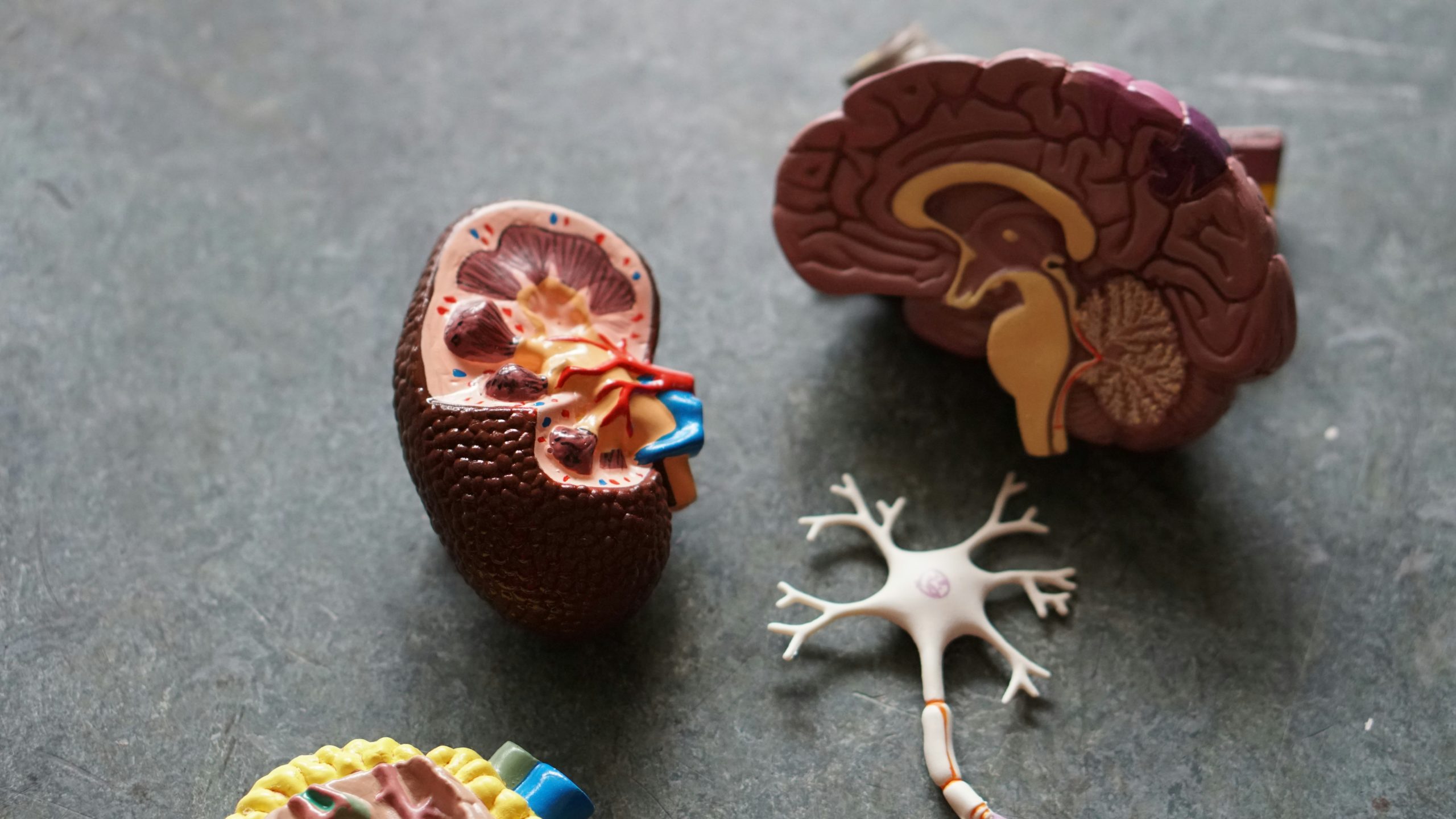Hey there, badass caregiver and dementia care pros—let’s talk about something big today.
Depression.
Specifically, how depression can show up in people living with dementia—and what you can do about it.
If you’ve ever noticed your loved one feeling down, withdrawing from activities, or just seeming “off” but didn’t know if it was depression, dementia, or both—you’re not alone. This is a question I get all the time, so let’s dig into the details.

Wait—Can Someone with Dementia Even Have Depression?
Short answer? Absolutely.
People with dementia—especially in the early and middle stages—can absolutely experience depression. And honestly, it makes sense, right?
Imagine knowing that parts of your memory and independence are slipping away. It’s overwhelming. People living with dementia often feel a deep sense of loss—loss of identity, autonomy, and even relationships.
And depression isn’t just sadness—it can look like:
- Crying more often than usual
- Changes in appetite (eating too much or too little)
- Sleep troubles—too much, too little, or restless nights
- Blaming themselves for things they can’t control or feeling like a burden
- Irritability or agitation (because depression doesn’t always look like sadness—it can look like snapping at people or pacing the room)
- Avoiding activities they used to love
Sound familiar? These are red flags.
But Here’s Where It Gets Tricky
Depression and dementia can look really similar—especially in the early stages.
Doctors often check for depression first when someone’s showing cognitive changes because depression can mimic dementia symptoms like:
- Memory loss
- Trouble concentrating
- Low energy
- Lack of motivation
So before jumping to conclusions, it’s worth a trip to the doctor to sort it out—because depression might be treatable, and catching it early can make a big difference.


What Makes Depression Look Different in Dementia?
People living with dementia may not say they feel sad, hopeless, or worried—but that doesn’t mean they aren’t struggling.
Instead, watch for:
- Mood swings that don’t last long but keep coming back
- Forgetfulness about feeling down earlier in the day (but still acting withdrawn)
- Behavior changes—like being more agitated, restless, or refusing activities they used to enjoy
And here’s a big one—people with dementia are less likely to talk about suicidal thoughts, even if they’re having them. That’s why you being tuned in matters so much.
So, What Can You Do?
If your loved one is showing signs of depression, don’t wait.
- Call the doctor. Their primary care physician is the best first step. They can check for depression and talk about treatment options.
- Bring examples. Be specific about the changes you’re seeing—more crying, loss of interest in hobbies, weight loss, etc. This helps paint a clear picture.
- Ask about treatment. Medication, therapy, and activities like art therapy (shameless plug) can all help. Even small improvements in mood can make a big difference in quality of life—for both of you.
Why Treat Depression if Dementia Can’t Be Reversed?
Because quality of life matters.
Treating depression can:
- Reduce agitation and restlessness
- Improve focus and cognitive function (yep—sometimes depression makes memory worse!)
- Make daily routines easier and more enjoyable
And hey—if caring for someone with dementia has left you feeling burnt out, overwhelmed, or isolated? You deserve support too. (interested in weekly info, mindset shifts, and resources? Be sure to subscribe to my newsletter —because you can’t pour from an empty cup.)

Final Thoughts?
Depression is real. Dementia is hard. But you’re not in this alone.
If this hit close to home, reach out—whether it’s to a doctor, a support group, or me. Questions? Comments? Want more tips like this? Drop me a message at PerdueArtTherapy.com or email me at Sivan@PerdueArtTherapy.com.
Until then, stay warm, stay curious, and take care of you too.
Recent Comments